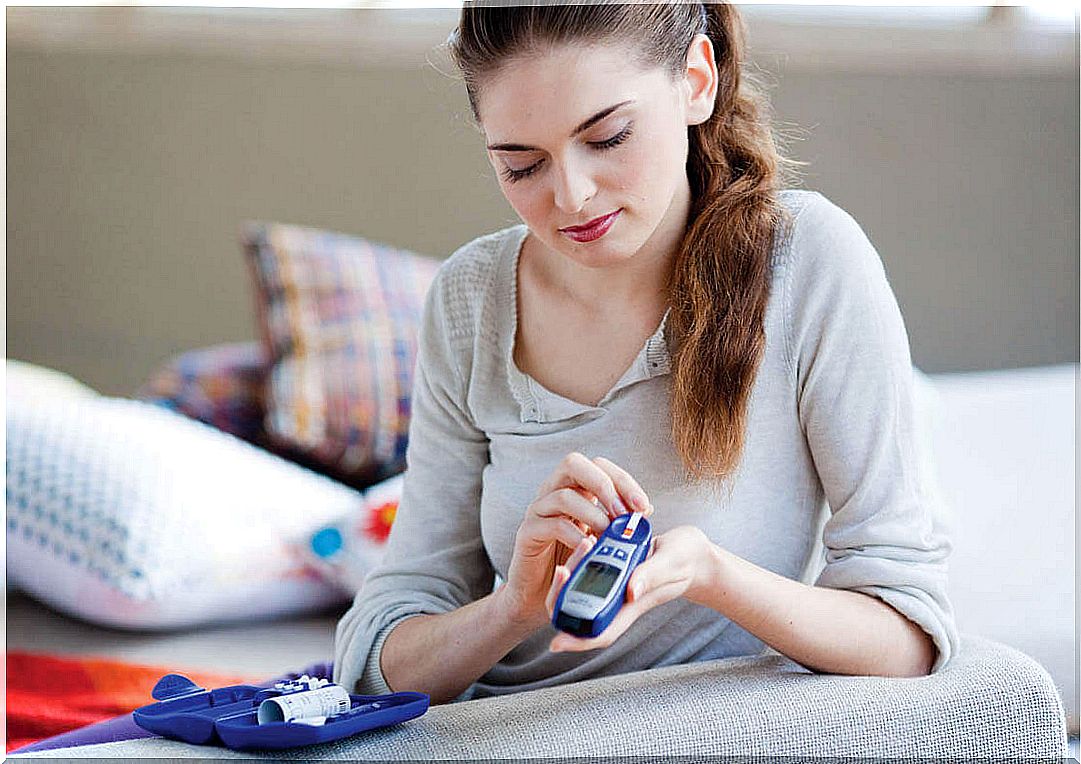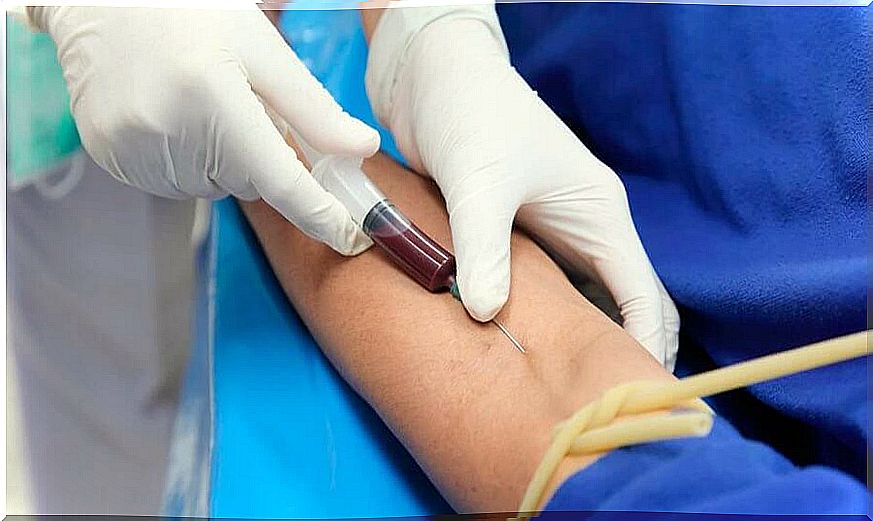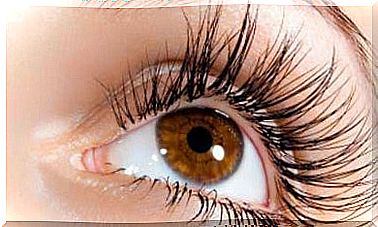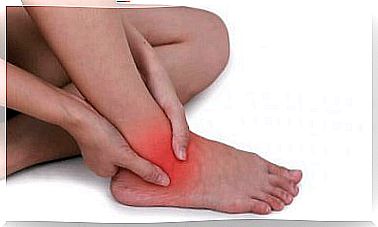Find Out The Top 8 Symptoms Of Diabetes
If we identify any of these symptoms of diabetes, it is important to visit the doctor to perform the relevant tests and confirm or rule out the diagnosis.

Diabetes mellitus or mellitus refers to disorders that affect the way the body uses glucose in the blood. No matter how it manifests itself, the onset of diabetes means that there is an excessive buildup of sugar in the body. Symptoms of diabetes can alert you to this.
When the body fails to properly process glucose, serious consequences can arise for our health because it interferes with the functions of other organs.
Timely detection of diabetes is the key to successful treatment. For this reason, in this article we will look at the causes and warning symptoms that can help identify this disease.
What are the causes of diabetes?

Diabetes occurs when the body does not make enough insulin or loses its ability to use it optimally.
Insulin is a substance that comes from the pancreas, the main function of which is to reduce the amount of glucose in the blood.
- So far, there is no specific cause that can explain the development of type 1 diabetes. Apparently, this is due to a lack of control of the immune system, which leads to the self-destruction of the cells that produce insulin in the pancreas.
- Prediabetes and type 2 diabetes occur when cells become resistant to insulin and the pancreas does not make enough to prevent them from growing.
- Hormonal changes during pregnancy produce resistance in cells to insulin. If the pancreas does not generate the necessary amount of insulin, glucose builds up in the blood and gestational diabetes can occur.
The first symptoms of diabetes
A wide variety of early manifestations of diabetes can easily be confused with other illnesses. For this reason, once we have identified them, it is advisable to perform relevant medical examinations to confirm the diagnosis.
1. Excessive thirst

When glucose is not used properly, its build-up in the blood can lead to dehydration. This condition alters the normal production of saliva and increases the feeling of thirst.
2. Frequent urination
Patients with diabetes usually experience frequent urination due to the strain on the kidneys to try to filter excess sugar from the blood.
This substance retained in the body decreases the ability to break down toxins and causes difficulty in the functions of the urinary system.
3. Sleep disorders
When high blood sugar levels are not controlled in time, the person begins to experience continuous sleep disturbances.
Type 2 diabetes is usually accompanied by insomnia or some interruptions during the period of rest.
4. Slow healing

One of the main signs of diabetes is the appearance of lesions or ulcers on the skin. These usually take a very long time to heal and sometimes do not even heal at all.
5. Urinary tract infections
If the body reduces its ability to use blood glucose, the immune system weakens. This, added to the effects on the kidneys, increases the possibility of suffering from urinary tract infections.
6. Foot problems
Diabetics need to be extremely careful with the condition of their feet. In diabetes, this part of the body is particularly prone to circulatory problems, fluid retention and other types of symptoms that gradually affect them.
7. Blurred vision

Dehydration caused by high blood sugar can also influence the development of vision problems. In addition, it very often damages the blood vessels and also decreases the ability to concentrate.
8. Dry skin
The development of diabetes in parallel causes circulatory problems that affect the health of the skin. Therefore, affected patients often suffer from dryness and loss of firmness of the skin.
How to diagnose diabetes?

If you are worried about having diabetes, it is very important to see your doctor as soon as possible. After receiving a diagnosis, you will be able to access treatment to reduce the negative impact that diabetes has on the body.
The doctor may suggest the following tests to confirm the condition:
- Glycated hemoglobin (A1C) test. This is a test that shows the average blood sugar level over the past two or three months.
- Random blood sugar test.
- Fasting blood sugar test.
- Oral glucose tolerance control.
Once the diagnosis is confirmed, the affected person must make a commitment to improve their overall lifestyle.
In addition, patients with diabetes will need to follow prescribed medications regularly, which will also allow them to enjoy a better quality of life.
Diabetes is a disease that can seriously affect the quality of life of those affected. Before appearing as such, diabetes can reveal certain symptoms that we need to be able to recognize in order to get an early diagnosis and access to adequate treatment.









